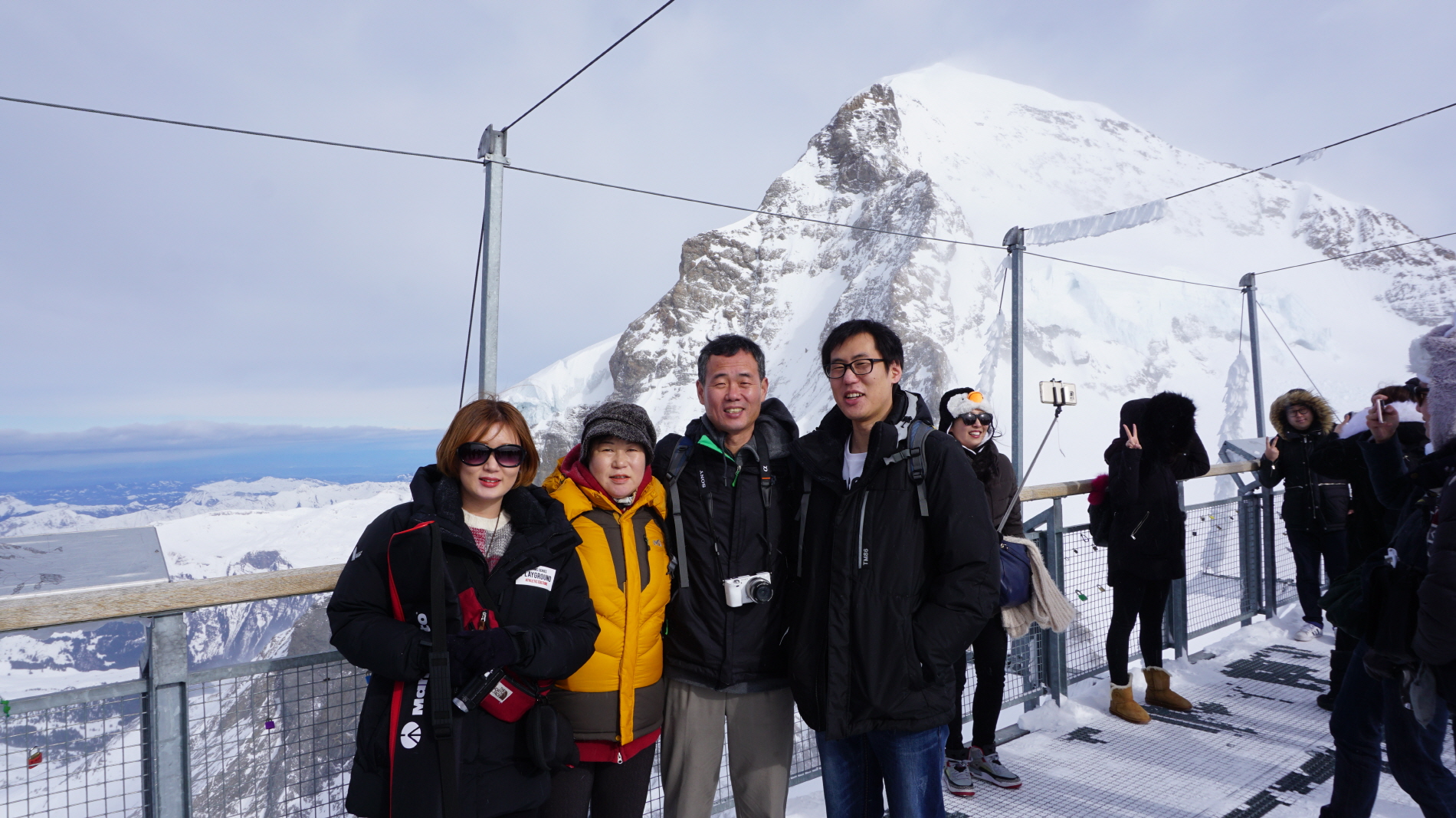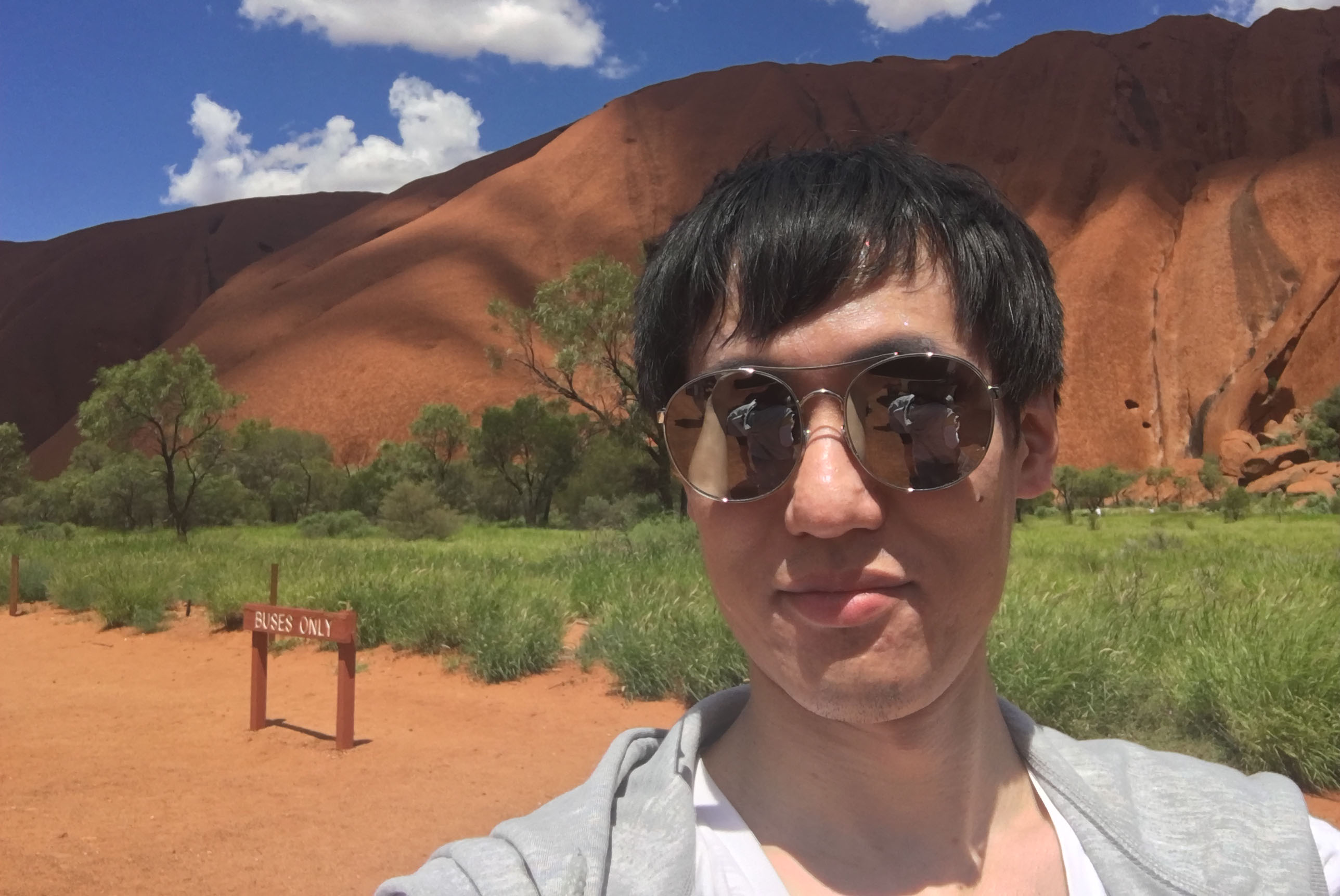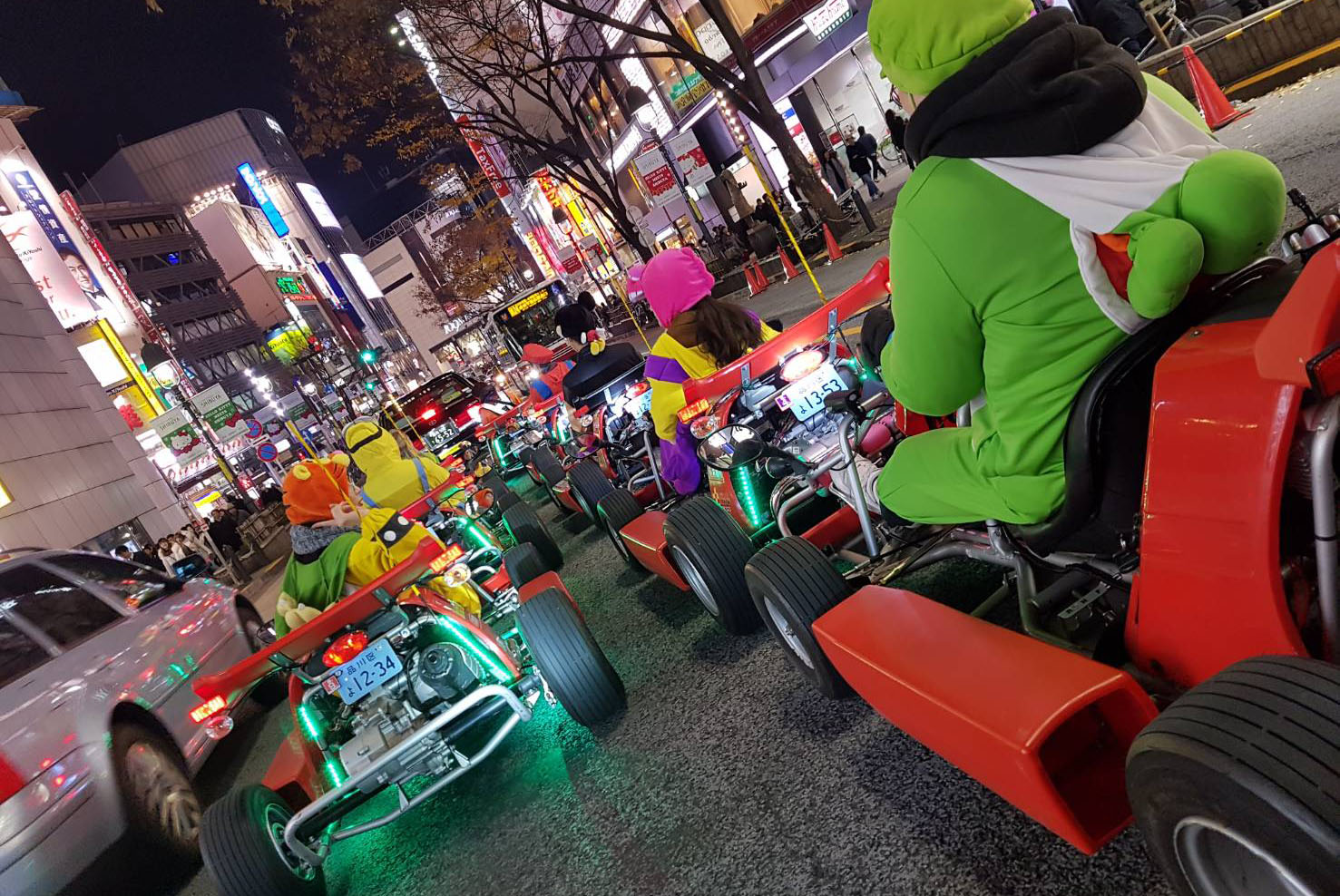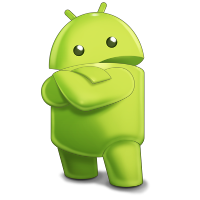
Please tell us a little about yourself. I’m 31 years old, and was born and live in Seoul, South Korea. I have both a bachelor’s degree in Computer Science and a master’s degree in Embedded Software Engineering from Kookmin University in South Korea. I studied Embedded virtualization and created a hypervisor that works on ARMv8 system. I am currently a software engineer at Hardkernel Co., Ltd. I maintain the Android version for all ODROID devices except for LineageOS for the ODROID-XU4. I mainly update the revisions, add features, and fix bugs in the official Hardkernel Android build.

My younger sister and her husband are webtoon (Korean webcomic) writers. They serialize the webtoon every week. I am also very proud to have participated in candlelight vigils every week from 2016-2017.
 How did you get started with computers?
When I was 6 years old, I encountered my first computer. When I visited my aunt's house, my cousin brother had some 386-based computers. Like many others, the computer was a gaming console for me. I played Sango Fighter, Prince Of Persia, Prehistorik, Jazz Jackrabbit and much more. I started studying advanced computer systems seriously after my military service, because I wanted to make my own computer operating system. I studied hard on many aspects of computers, but embedded software was my favorite subject. I wanted to make a masterpiece of one product as a whole embedded system.
How did you get started with computers?
When I was 6 years old, I encountered my first computer. When I visited my aunt's house, my cousin brother had some 386-based computers. Like many others, the computer was a gaming console for me. I played Sango Fighter, Prince Of Persia, Prehistorik, Jazz Jackrabbit and much more. I started studying advanced computer systems seriously after my military service, because I wanted to make my own computer operating system. I studied hard on many aspects of computers, but embedded software was my favorite subject. I wanted to make a masterpiece of one product as a whole embedded system.
What kind of projects do you work on at Hardkernel? One of my projects is to create the shortcut feature in Utility Apps, which connects some applications to function keys in order to launch the application. You can even connect it to physical buttons via the GPIO pins. I have also renovated the Wiki page design. I wanted to make it easier for users to access the page, so I applied page tree structures and host/target board color background text views to distinguish them. I know that was not enough, but I hope it made it easier to use the ODROID Wiki.
How do you use your personal ODROIDs? When I was studying in the laboratory, I tried to hypervisor to work on the ODROID-XU, but I couldn’t do it because of several problems. Recently, I used an ODROID-C2 as a video player and emulator. I also have a plan to use it as a home automotive controller by referencing some magazine articles.
Which ODROID is your favorite and why? The ODROID-C2 is my favorite one. Because of its size, it can be placed anywhere, and I like that it plays video at 4K resolution.

What innovations would you like to see in future Hardkernel products? I would like to add versatility and scalability to Hardkernel’s new products so that ODROIDs can be used in various fields. If the product has good performance, that’s even better, but I would like to stick to the basics. I also want to see more add-on boards like the Hi-Fi Shield.
What hobbies and interests do you have apart from computers? I like to travel to other countries and do adventurous things. I had been skydiving and bungee jumping in Queenstown, New Zealand, which was amazing. I really recommend it, especially skydiving which was awesome. I also visitied Uluru (Ayers Rock) in Australia, which was spectacular. At the end of 2017, I rode Mario Kart in Tokyo. I hope to do again this year, and I loved that experience.


Recently, I started playing guitar. On that instrument, I am just a newbie, like a software engineer just starting to print “Hello World” in a new language. I have been teaching myself by memorizing some guitar chords, and hope to play well soon.
What advice do you have for someone wanting to learn more about programming? I recommend having clear goals. There is so much information about programming on the Internet, but before learning about programming, you should set your goals and determine what is necessary to achieve them. This checklist may not be on the Internet. This process will help you to achieve that more easily. If you want to be more professional, learn about the basics. Being fluent in languages is important, but the foundations are more important.

Be the first to comment